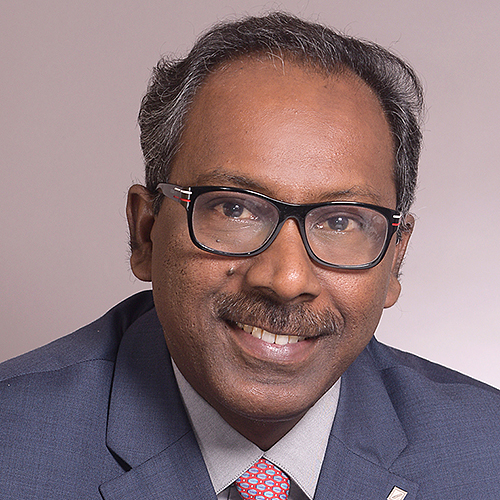Financial institutions are ramping up efforts to integrate environmental, social and governance (ESG) principles into their operations, but the dearth of talent to handle the task is frustrating their sustainability drive.
Paddy Balfour is the Singapore-based executive director, Asia, at Acre, an executive search and talent development firm specializing in the recruitment for senior roles in the fields of sustainability, ESG, impact investing, environment and energy, clean technology and corporate affairs and communications for over 20 years.
The Asset recently spoke with Balfour to get his views on the current talent squeeze affecting sustainable finance and ESG-related roles, and where the current opportunities and constraints are being felt.
The Asset (TA): There is said to be exponential growth in demand for sustainability expertise in the financial sector in Asia. Is that true? And what is the current state of the supply of local sustainability talent in Asia?
Paddy Balfour (PB): There is certainly truth in the statement, although this is not universal across all areas of the finance sector. We have also seen a renewed focus on the quality of hires and the focus on value, in part driven by more volatile macroeconomic conditions.
The supply of local sustainability talent is increasing in Asia, although a significant proportion of the existing talent isn’t native to the region. This presents a specific challenge in Singapore.
TA: Are salaries for in-demand ESG and sustainability professionals in Asia likely to stay inflated for some time?
PB: Salary levels for senior-level hires are not necessarily inflated, but the need to hire fewer senior individuals into those roles has inflated the salary levels for this group.
We will continue to see salary inflation at the junior and middle levels while the supply of new graduates integrates into the workforce and develops meaningful experience.
Salaries for specialist technical roles will also remain inflated given the limited regional and global supply. The high cost of living in the key markets of Singapore and Hong Kong also leads to the fact that in order to import talent, higher salary levels are required.
TA: In which segment of the financial sector is ESG/sustainability talent most in demand in Asia?
PB: Banks continue to grow their capability in corporate as well as sustainable finance roles. However, the real growth comes in the form of professionals who can bring sustainability lens to front-office banking roles.
Opportunities in private markets incorporating both private equity and private credit also continue to grow. These include both centralized sustainability and ESG hires as well as thematic investment roles.
TA: Aside from banks and asset managers, have you seen any growing requirement from the financial regulators in the region?
PB: We have seen hiring growth among regulators, although the volume of hiring in this space is not as significant. Experience in regulators is highly regarded by financial institutions and therefore, we do see a consistent level of turnover.
TA: With a lack of long-term expertise in ESG/sustainability in the financial sector, is there an issue with the interview and onboarding process in terms of the knowledge and expertise of the hiring institution?
PB: This is a significant issue in the Asian market. We have developed an advisory offering to complement our search and recruitment capability. By utilizing our 20 years of experience in sustainability, we can help an organization to not only hire the right people but also to develop a structure and operating model that sets that individual up for success.
TA: Your firm works across three key areas – sustainable business, finance and energy. Is the demand across all sectors evenly balanced?
PB: Demand for our business remains robust across the three key pillars of our business and is relatively evenly balanced, although there is significant overlap and integration in the way that we support our clients in terms of sectors and functions.
TA: How deep or robust is the pipeline of native/homegrown talent in the sustainability expertise?
PB: There is more of a pipeline of native or homegrown talent than commonly perceived. However, it still remains inadequate for the level of expertise needed in the region. A proportion of Asian talent can also be found in Europe and the ability to bring those professionals back to the region is a significant area of opportunity.
TA: Where is the demand in Asia strongest – Singapore, Hong Kong, Tokyo, Australia?
PB: While Singapore has been the busiest market in sustainability hiring for the past couple of years, we have started to see a significant increase in demand from Hong Kong following the opening of the Hong Kong and mainland China borders.
Hiring in Australia has remained consistent. However, we are seeing increasing demand for offshore talent, ideally Australians operating outside the country to return.
TA: What is one piece of advice you would give to candidates with aspirations of building a long career in the ESG/sustainability sector?
PB: Candidates should strive to think long-term. While one would expect it to be intuitive for sustainability professionals to understand the long-term implications of decisions made today, we continue to see individuals making career decisions driven by short-term financial motivations.









